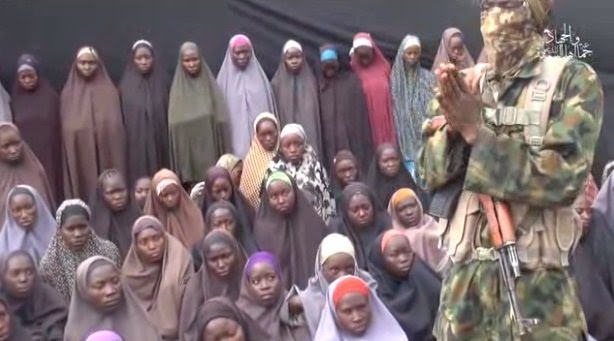Save the Children International (SCI) has unveiled a concerning report indicating that more than 1,680 schoolchildren have been kidnapped in Nigeria since the infamous 2014 abduction of 276 schoolgirls from Chibok in Borno State. The chilling data underscores the enduring impact of attacks on schools, with some children being deterred from ever attending school due to the fear of violence.
The abduction of schoolgirls from Chibok in April 2014 sent shockwaves across the globe, giving rise to the #BringBackOurGirls movement and eliciting widespread support from prominent figures such as Malala Yousafzai, Hillary Clinton, and former First Lady Michelle Obama. However, Save the Children’s latest data analysis reveals a distressing trend of ongoing attacks on schools that have taken place outside the public eye, shedding light on the pervasive violence faced by schoolchildren and educators across Nigeria.
The NGO disclosed that in addition to the abductions, more than 180 schoolchildren have tragically lost their lives, and nearly 90 have been injured in 70 attacks spanning from April 2014 to December 2022. Moreover, an estimated 60 school staff members have been kidnapped, and 14 have lost their lives in these attacks. Shockingly, 25 school buildings were reported to have been destroyed during this period.
The majority of these attacks occurred in the North-West Nigeria region, with 49 incidents recorded, followed by 11 attacks in North-Central Nigeria. The far-reaching consequences of these attacks extend beyond immediate harm, often resulting in the mass withdrawal of children from schools and forced closures of educational institutions. For instance, in Katsina state in the North-West, nearly 100 schools have remained closed due to insecurity, impacting the education of over 30,000 children.
Save the Children emphasized that the aftermath of these attacks leaves both children and communities traumatized, with the majority lacking access to essential psychological support. Discussions with affected communities unveiled the profound impact of the violence on children’s psyche. Many students express fear and reluctance to return to school, with one survivor of the Chibok school attack revealing her haunting concerns of becoming a victim again.
Famari Barro, the Country Director at Save the Children Nigeria, stressed the urgency of addressing these challenges. Barro emphasized that while preventing attacks is crucial, it is equally important to provide robust support to children and their families following such traumatic incidents. He highlighted the grim reality that after almost a decade since the Chibok abduction, more than 90 girls are still missing or held captive, and countless children and educators continue to live under the looming threat of violence, leading to disrupted education journeys.
Barro called for the implementation of the Safe Schools Declaration across Nigeria to safeguard children’s lives and their right to education. The Safe Schools Declaration, endorsed by Nigeria in 2015, aims to ensure the continuity of safe education during armed conflicts and outlines commitments to bolster the protection of education from attacks. Despite this endorsement, the declaration remains largely unimplemented at the state and community levels, leaving rural community schools particularly vulnerable to attacks. The report serves as a sobering reminder of the urgent need to prioritize the safety and education of Nigeria’s schoolchildren.










